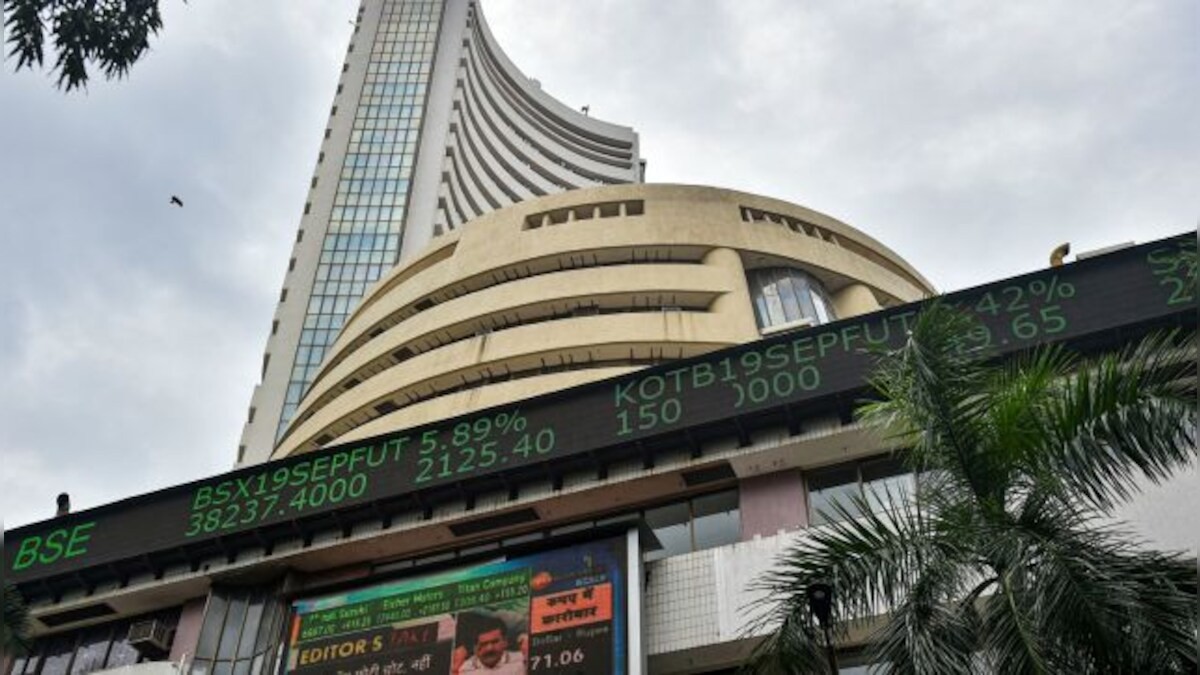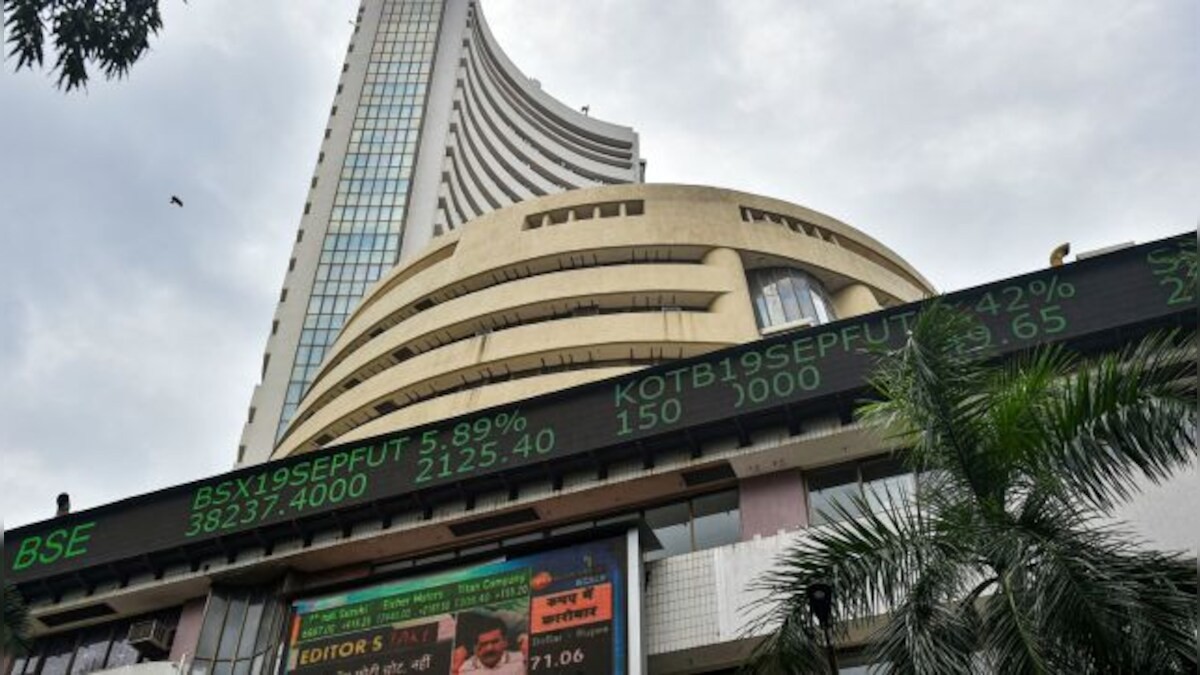Domestic equity benchmark BSE Sensex dropped over 300 points in the early trade on Thursday, dragged by losses in index heavyweights Yes Bank, TCS and Infosys, amid unabated foreign fund outflow and mixed global cues.
Sensex down by 227.94 points, currently at 36,335.94 pic.twitter.com/1llPCWlAcl
— ANI (@ANI) September 19, 2019
The 30-share index was trading 335.52 points, or 0.92 percent, lower at 36,228.36 at 10.45 am, while the broader Nifty slipped 97.90 points, or 0.9 percent, to 10,742.75.
In the previous session, the BSE barometer ended 82.79 points, or 0.23 percent, higher at 36,563.88.
Similarly, the broader NSE Nifty gained 23.05 points, or 0.21 percent, to finish at 10,840.65.
Top losers in the Sensex pack in early trade included Yes Bank, ICICI Bank, IndusInd Bank, Tata Steel, Tech Mahindra, NTPC, SBI, HCL Tech, TCS, L&T, Infosys and Axis Bank, shedding up to 4.21 percent.
On the other hand, Tata Motors, Maruti, Asian Paints, HDFC Bank, HUL and Bharti Airtel rose up to 1.40 percent.
According to traders, global investor sentiment turned cautious after the US Federal Reserve cut its benchmark interest rate by 25 basis points, but dimmed hopes for further rate cuts as it took a cautious approach to further reductions in borrowing costs.
Elsewhere in Asia, bourses in Shanghai, Hong Kong, Tokyo and Seoul were trading on a mixed note in their respective late morning sessions.
MSCI’s broadest index of Asia-Pacific shares outside Japan fell 0.36 percent. Hong Kong shares shed 0.96 percent, but Japan’s Nikkei rose 1.01 percent.
On Wall Street too, bourses ended on a tepid note after Fed policy outcome on Wednesday.
Treasury yields rose broadly and the curve flattened as Fed Chairman Jerome Powell took a cautious approach to any further reductions in borrowing costs, while division among central bankers has increased uncertainty over how much further rates might fall.
Sustained foreign fund outflow too weighed on market sentiment here, traders said.
On Wednesday, foreign portfolio investor sold shares worth a net of Rs 959.09 crore, while domestic institutional investors bought equities worth Rs 780.45 crore, provisional data showed.
The rupee, meanwhile, was trading flat against its previous close at 71.20 in early session.
Global oil benchmark Brent crude rose 0.11 percent to 63.67 per barrel (intra-day).
— With inputs from agencies


)




)
)
)
)
)
)
)
)